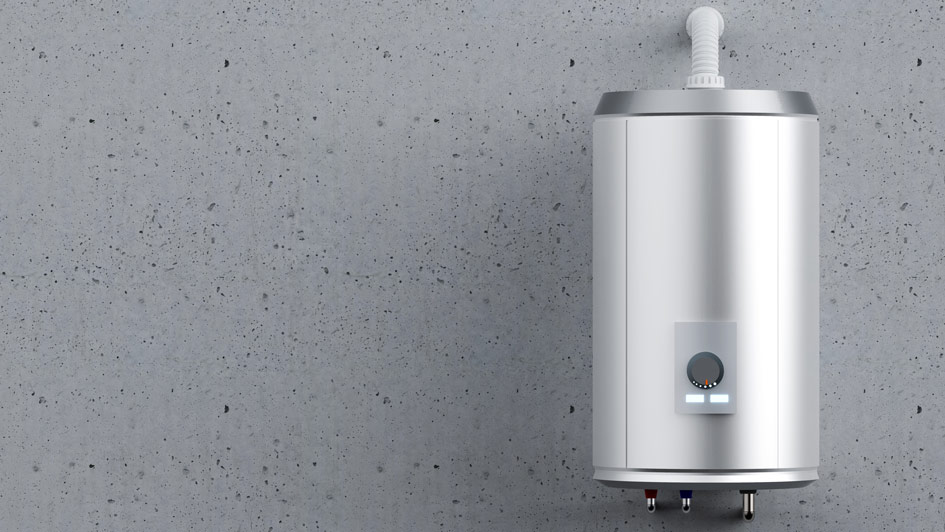
You may already have “smart” devices and appliances installed in your home without being aware of it. If you can access your thermostat from your smartphone or flip your lights on and off while you’re on the other side of town – those are considered to be smart devices.
Even plumbing products are becoming “smart” these days. Smart plumbing products may include smart water heaters, smart leak detectors, and smart water monitors.
Installing smart plumbing devices and appliances can establish an extra layer of convenience and security to your home, as well as optimize your daily water usage and monthly water bills. Continue below to learn more about the benefits of installing smart plumbing products. And if you’re thinking of adding one to your plumbing system, make sure you have the help of a trusted plumber in Moline.
You may already have “smart” devices and appliances installed throughout your home without even knowing it. If you can adjust your thermostat from a smartphone or turn your lights on and off while you’re on the other side of town – those are considered to be smart devices.
Even plumbing products are increasingly “smart” these days. Smart plumbing products may include smart water heaters, smart leak detectors, and smart water monitors.
Installing smart plumbing devices and appliances can add an extra layer of convenience and security to your home, as well as optimize your daily water usage and monthly water bills. Keep reading to learn more about the benefits of installing smart plumbing products. And if you’re considering adding one to your plumbing system, be sure you have the help of a trusted plumber in Moline.
Smart Leak Detectors
When a pipe leaks or your basement or crawlspace floods thanks to heavy rain, it’s fairly obvious that your home is struggling with a serious water leak that may result in significant damage. But some leaks aren’t as noticeable. Even minor water leaks from appliances or plumbing pipes can eventually add up, leading to higher bills and potential damage to your home.
That’s where a smart water leak detector can help. Leak detectors should be installed in bathrooms, basements, beneath the kitchen sink, and near water-using appliances. Smart leak detectors monitor home water usage and alert you via your smartphone if it notices abnormal water usage in your home – which can indicate a leak hidden away. They should also notify you if they notice a leak, or a running toilet.
If you’re out of town and your water heater suddenly springs a leak, you’ll be notified right away through your smartphone so you can take the needed steps to get the leak resolved and prevent further damage to your home.
Smart Water Heaters
Were you aware that the typical water heater accounts for about 12% of a family’s energy consumption, second only to your heating and cooling system? To keep your hot water heater’s energy use in check, try upgrading to a smart water heater. Smart water heaters are equipped with energy-saving and remote controls.
So how do smart water heaters work exactly? Designed with smart technology, a smart water heater can assess your home’s water-usage preferences and even estimate usage and make automatic adjustments. Standard tank water heaters, for example, must continuously heat water over the course of the day so hot water is ready when you need it. With a smart water heater, though, you can turn your water heater off during the workday when you’re not home or when you’re away for work or vacation.
This can conserve energy, reduce water bills, increase safety, and give you more control over your appliance. On the subject of control, if you take a shower at 7 a.m. every day, you can set your water heater to start at 6:45 so you’ll have hot water on hand. Smart water heaters also inform you of any leaks or system malfunctions using your smartphone. If leaking is detected, for example, the smart water heater will automatically shut off. This minimizes damage to the appliance and your home.
Smart Water Monitoring Systems
Many of us probably have no idea how much water we’re using up. Smart water monitors are particularly useful if you'd like to lower your water consumption and save money on your monthly water bills.
Smart water monitors can record helpful data that shows how much water you are using in your home or business and how much each appliance or fixture is taking. The bulk of water monitors include a web-based interface that allows you to track water usage in real-time. This sort of information can help you find out if you have an inefficient toilet that should be upgraded, or if one of your kids is routinely taking 30-minute showers in the upstairs bathroom–allowing you to make the correct adjustments.
In addition to saving money on your water bills, smart water monitors help homeowners lower their carbon footprint to make sure there is enough water for future generations to come.




